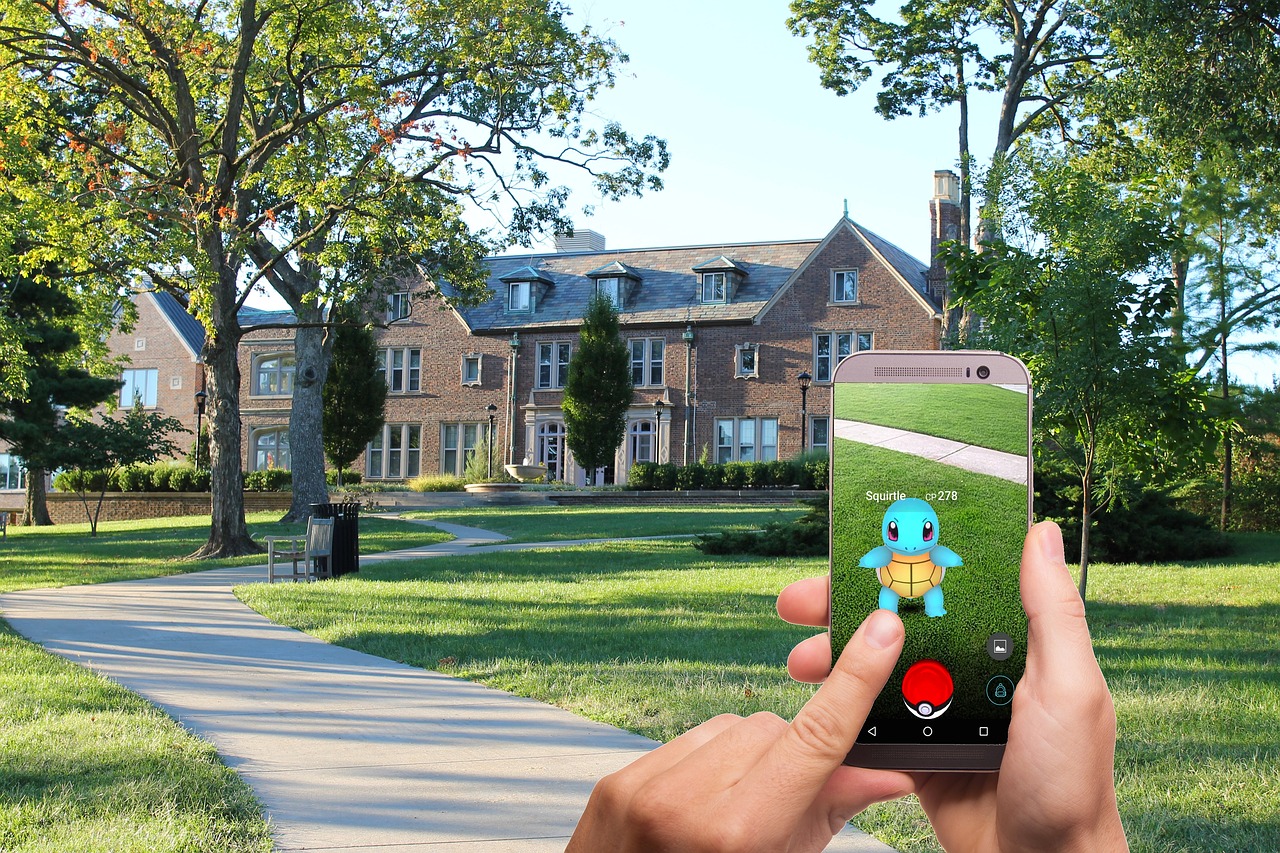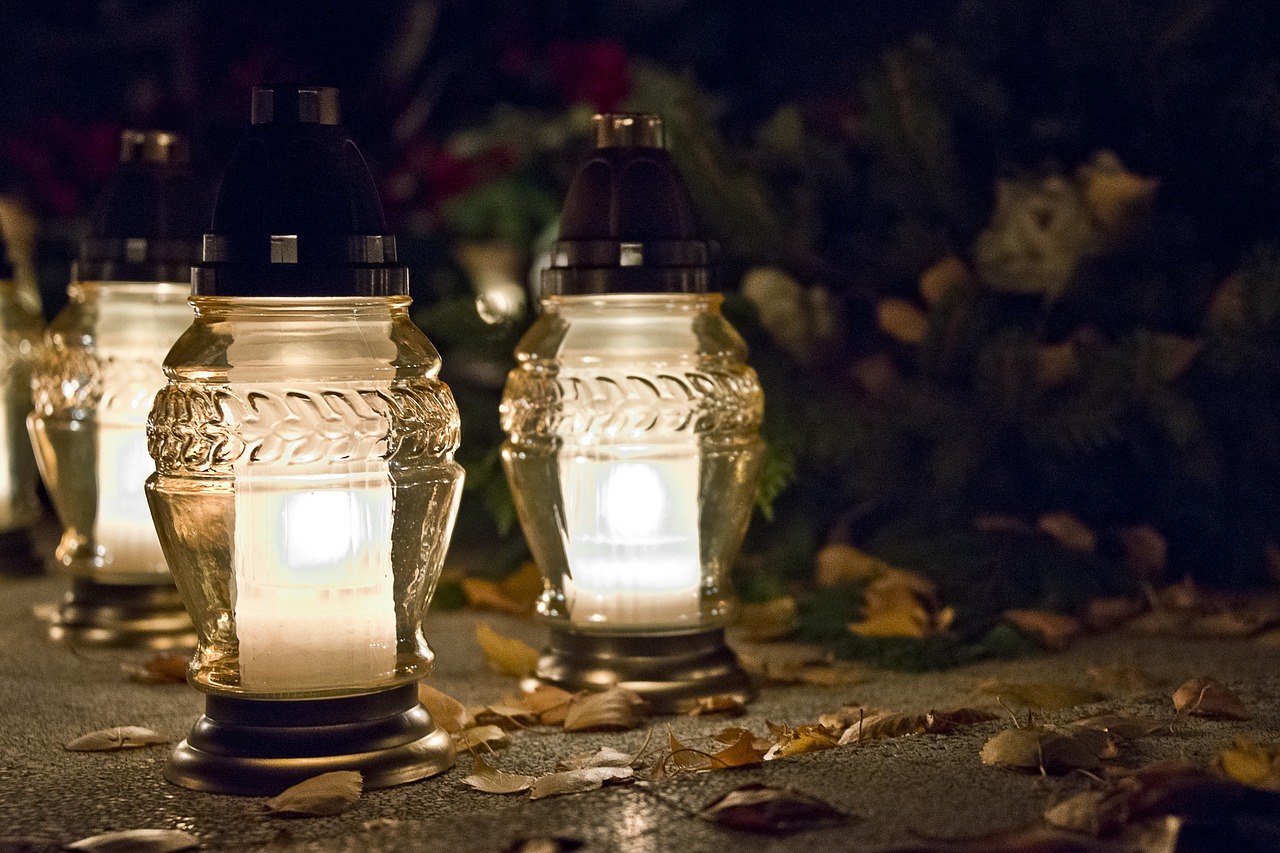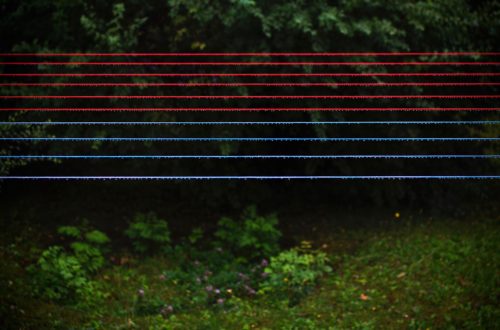
On death, time and solitude
As I am approaching the end of my bereavement support course and facing the beginning of the Introduction to Psychology (a refresher I aim to take up this spring), I am summing up everything I have learned so far. I appreciate that my blog might be a bit depressing nowadays as I am posting a lot about death but here, in this post, I would like to mention a few books that aim to demystify this and sibling themes of our lives: solitude and time.
- “The worm at the core” by Sheldon Solomon, Jeff Greenberg and Tom Pyszczynski – sometimes I wonder why we don’t read books like this as mandatory in primary or at least secondary school. I so wish I was given this book much earlier! Three academics decided to look at the idea of death being the source of most of our daily problems in private life but also on a societal level. This book contains results of their own dedicated experiments, but also a really good write up of other research done all around the world. Five years after I was born Ernest Becker wrote a monumental book “The Denial of Death” which according to him is our defense mechanism, the ultimate form of our survival instinct. It is also the cause of many mental illnesses and the birth of our need to transcend death through heroic actions. (see for more here). “The worm at the core” is the terror of death and the authors of the book examine various consequences stretching to most areas of our lives. I particularly enjoyed the part about our need for religion and culture, but the areas dedicated to the birth of nationalism stroke particular cord with me due to the most recent events in the US and Europe. In a strange way, I found the terror of death theory comforting, maybe because sometimes it’s easier if the root of a problem becomes visible? I am not sure. I strongly recommend this book.
- “A philosophy of Loneliness” by Lars Svendsen was useful to me as I have experienced many forms of loneliness and I do find solitude extremely rewarding. I picked up this book from the library shelf on bereavement but I had selfish motives: I really wanted to learn more about the way we define and relate to our loneliness because I myself know for a fact there are happy and unhappy types of it. I found it interesting to learn about types of loneliness. There is the distinction between the chronic, situational and transient loneliness, for example. Chronic loneliness is something we suffer from for a long time. Situational loneliness is usually triggered by an event in life or loss of a person. Transient loneliness is more sublime and happens occasionally – we feel lonely for just a bit. There is also the distinction between social and emotional loneliness (Robert S. Weiss) where socially lonely personal lacks integration and seeks to be part of a community and emotional one is a lack of a close relationship with someone specific. All of those types of loneliness can occur separately and actually many people who are socially active still report feeling lonely. I also like the idea of defining various words related to loneliness. First of all, loneliness implies that we long for something we want and we don’t seem to be getting it – it’s a feeling of longing and waiting. But there is also being alone, solitude – the feeling of not being connected to others, but with no negative sentiment. And there is also abandonment – the state where we lose someone and sometimes also due to their own choice so the hurt can be stronger. Svendsen also talks about the underlying idea of trust in human relationships – something I think about a lot these days – and its role in loneliness. I found this book really helpful for myself but also for my future work with bereavement.
- “Ten thoughts about time” by Bodil Jonsson – I almost do not want to disclose what this book is all about as it’s so precious! I don’t think we talk or think about time enough and in the right way and Jonsson managed to convey it in a very academic, logical way. It’s a very small, light, fun read with great ideas, simple to implement too. But it’s worth stopping at every chapter and really getting it right. For example, time is your best asset – well, it took me almost 40 years to understand that it’s not money but time that’s my most precious but also most rewarding currency. I can stretch it, run through it, forget it and create more of it if I wish too – it’s possible because time is as subjective as anything else. So if there is anything I took out of this book (apart from a lot of good small tips, of course) is the author’s story of her older friend pointing out that if she feels she’s losing the grip on events now she should wait and see at older age – “just wait till your older!” To this author observed: “If my older friend’s observation was generally true, then the acceleration of time passing, which I had just begun to notice, would never decrease. This it followed that life would end much sooner than I wanted it to, because I enjoyed living very much” I will leave you with that and encourage to read the rest.
All three books really helped me gain perspective on death and bereavement counselling, but I think they are generally really useful reads.




